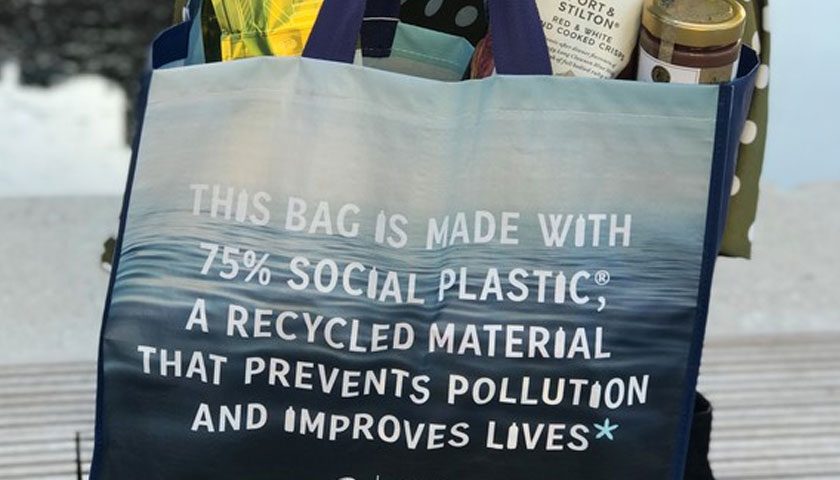Marks & Spencer aims to use future marketing campaigns to position itself as a more inclusive brand with a “shared attitude”. It is hoped, along with a shift in how it advertises – no longer splitting its food and clothing into seperate campaigns and instead concentrating on the M&S brand as a whole, that this will help to promote a more inclusive brand.
Speaking to Marketing Week, Global Brand and Marketing Director Rob Weston says:
“Moving forward we want to make sure we have a single front door to the brand. We want to have a shared philosophy across all our business units,” he explains.
“We want to make sure that we don’t lose sight of who we are and what we do, whatever the external economic or political environment might throw at us. Having that North Star is really important. I feel a huge responsibility looking after the brand. What’s interesting from our situation is that as a marketer you can sometimes feel damned if you do and damned if you don’t. If you use a younger model we get a lot of comments on social media saying ‘you’ve forgotten us, you’re chasing a younger audience’. Then if we use an older model people go ‘you’re reinforcing your mumsy image, we don’t want you either’. That’s a very hard place to break and the answer is attitude.”
“Empowerment is big part of what we’re doing and a key thing is reminding people what we do have in common and what makes M&S relevant. We then want to bring that into words and pictures, and a simple brand promise. Part of the challenge of branding is simplifying. We’re quite a complicated business, so we’ve done a lot of work internally to remind us what M&S stands for and what is it that joins all of these businesses together in terms of a shared philosophy.”
Rob Weston sees the M&S Christmas 2016 advert, featuring the glamorous Mrs Claus, as a turning point in terms of creating an advert that resonates with consumers regardless of age.
The forthcoming campaign, the first by Grey London, will do away with the standard advertising demographics and instead highlight inclusivity, a catch all for all of M&S customer base. It is a brave, but potentially worthwhile move, for a company who has generally played safe with demographically designed marketing. M&S have a great basis to start on and are still the brand that British women have the best impression of according to YouGov data for the 52 weeks to January which found that M&S had an impression score of +58, ahead of fellow retail favourite John Lewis, which scored +54.
M&S work hard on the inclusivity of its internal teams, and even with regards to the agencies it works with they deliberately seeks out diverse teams, but Weston believes that more could be done.
“We need to find ways of making it easier to pull people in at various different levels. That’s not just gender and age, it’s having a really brilliant melting pot so different ideas are represented,” he explains.
This kind of inclusivity is exactly the kind of thing which is important within marketing, whilst there is value in playing towards your demographic, for a compoany like M&S with such a wide customer base inclusivity is important, but it is important that inclusivity covers all, it must cover all colours, creeds and sexuality, and by appealing to everyone M&S have a chance to turn around some of the bad results they have had in recent years.
Links
https://www.marketingweek.com/2017/03/23/marks-spencer-brand/


